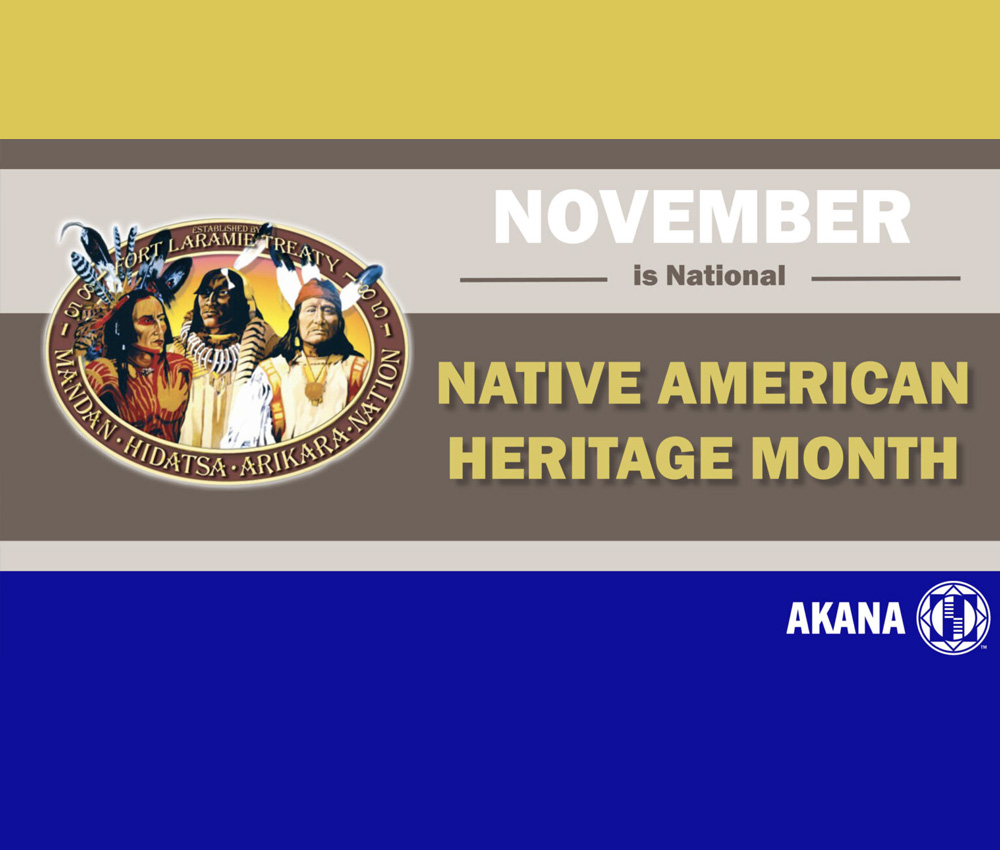
On August 3, 1990, President of the United States George H. W. Bush declared the month of November as National American Indian Heritage Month, thereafter commonly referred to as Native American Heritage Month. The bill read in part that “the President has authorized and requested to call upon Federal, State and local Governments, groups and organizations and the people of the United States to observe such month with appropriate programs, ceremonies and activities”. This landmark bill honoring America’s tribal people represented a major step in the establishment of this celebration which began in 1976 when a Cherokee/Osage Indian named Jerry C. Elliott-High Eagle authored Native American Awareness Week legislation the first historical week of recognition in the nation for native peoples. This led to 1986 with then President Ronald Reagan proclaiming November 23-30, 1986, as “American Indian Week”.
This commemorative month aims to provide a platform for Native people in the United States of America to share their culture, traditions, music, crafts, dance, and ways and concepts of life. This gives Native people the opportunity to express to their community, both city, county and state officials their concerns and solutions for building bridges of understanding and friendship in their local area. Federal Agencies are encouraged to provide educational programs for their employees regarding Native American history, rights, culture and contemporary issues, to better assist them in their jobs and for overall awareness







